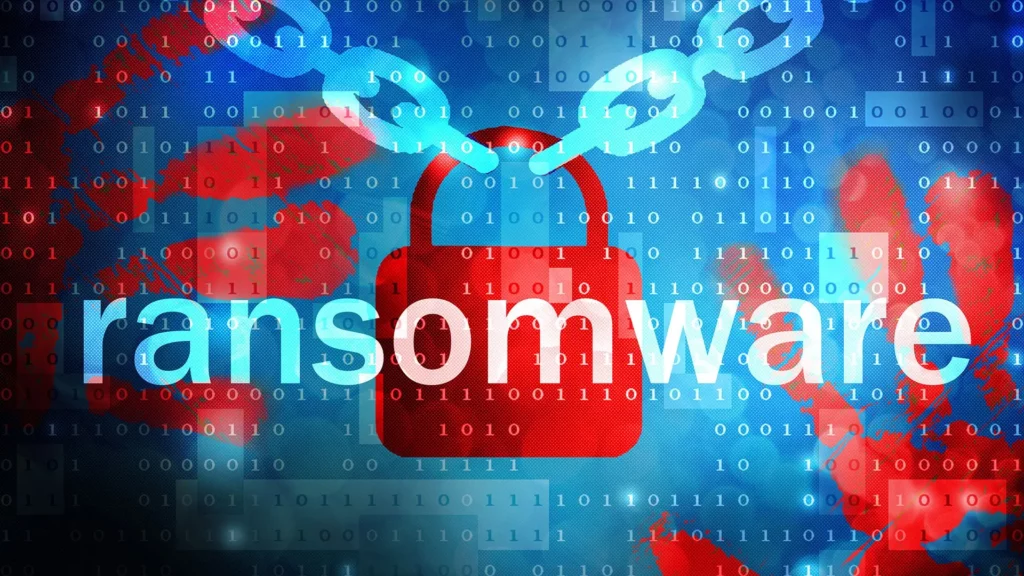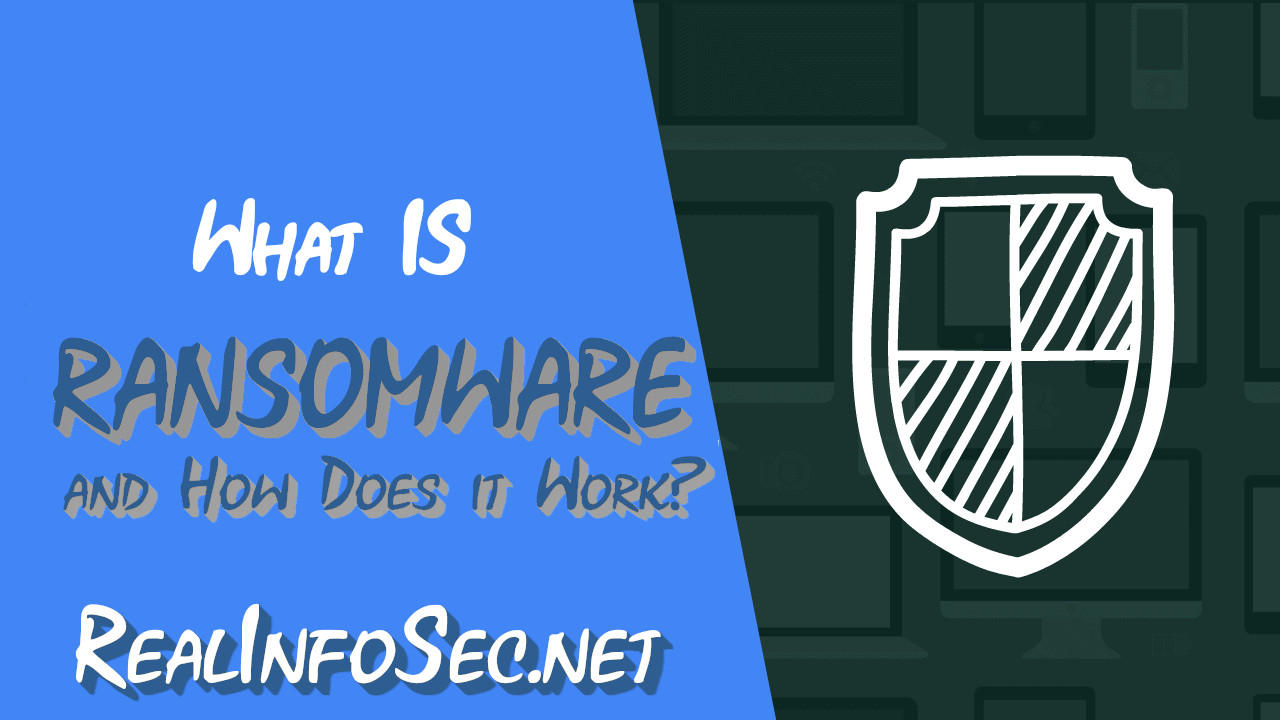Ransomware is one of the most common types of cyberattacks. With how vastly the internet has become embedded in our day-to-day lives, cyberattacks such as ransomware can cause costly disruptions.
According to the Harvard Business Review, the amount of money paid to ransomware hackers increased by 300% from 2020 to 2021. This is after ransomware attacks rose 500% from 2019 to 2020. But by learning more about ransomware, you can help protect yourself from becoming a victim.

What is Ransomware?
Ransomware is a particular type of cyberattack used by hackers to extort a “ransom” from their victims. Malicious software is used to infect your computer and restrict access to your files and networks.
The cyberthief then demands a certain amount of money for you to regain access to your data. However, as you are dealing with cybercriminals, there are no guarantees that the hackers will restore access once you have paid the amount.
Over time, ransomware attacks have grown to become more complex and dangerous.
How Does Ransomware Work?
Hackers use malware in the form of an email, a clickable link, an online advertisement or a website to lure victims in. Once your computer has become infected with the malware, your data is encrypted, and you cannot gain access to it.
The severity of the attack depends on the kind of malware that has infected your computer. It can range from anywhere between a few files and folders, the computer itself becoming encrypted, to external drives and networked computers.
In most cases, the victim is unaware that their computer is infected unless they try to access the restricted files; or get a prompt demanding ransom.
Where to Report Ransomware?
Ransomware is a serious crime with strict laws in place to punish perpetrators. If you are a victim of a ransomware attack, you must report the incident immediately to ensure timely action. You can report such incidents through:
- Your local law enforcement office
- Internet Crime Complaint Center (IC3)
- Cybersecurity and Infrastructure Security Agency (CISA)
- A field office of the U.S. Secret Service
- British National Cyber Security Centre (NCSC)
- National Cyber Investigative Joint Task Force
Once you have contacted one of the departments mentioned above, the appropriate authorities can help you deal with your case, retrieve your data and attempt to apprehend the criminals.
Can I Protect Myself from Ransomware?
Ransomware can result in breaches of confidential information, loss of data, disruption of work and financial loss due to damages. A few simple tips can help you stay safe from such malicious software and cyberattacks. You may also have a little browse through our cybersecurity academy, which is home to a large number of Cyber Security Guides
These include:
- Keeping all applications, software, and operating systems up to date
- Downloading and browsing content only on trusted sites
- Downloading anti-virus and anti-malware software, running regular scans and keeping them up to date
- Not opening emails or clicking on links sent through dubious unknown accounts
- Regularly creating and securing backups of all your data
- Having a robust continuity and contingency plan for your business in case of such attacks
Ransomware is, unfortunately, a common type of cyberattack. Hackers use different methods to infect your computer with malicious software that can encrypt your data and restrict your access to it.
Although new cybersecurity tools and anti-malware software provide some security against such attacks, it is always better to be careful on the internet to help avoid becoming a victim of ransomware.
Read some breaking cybersecurity news articles here
Why not have a browse through our cybersecurity academy which has a large number of resources in helping you to up your game in the cybersecurity world.




